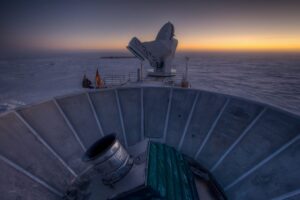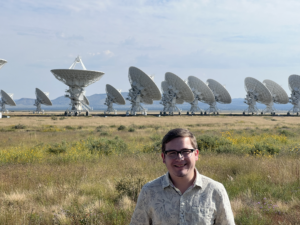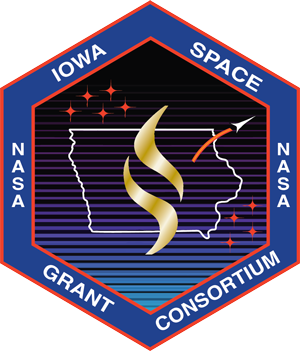 The latest cosmologies predict inflation in the early universe to have imprinted a signature polarization pattern in the cosmic microwave background (CMB). The BICEP/Keck Array is a collection of telescopes that aim to detect this unique pattern and constrain inflationary models. Precision measurements of the CMB require a thorough understanding of instrumental systematics. Determining the differential beam between pairs of orthogonal detectors is essential to mitigating the effects of temperature-to-polarization leakage, a significant source of systematic error. The first step in characterizing the beams is the demodulation of a signal from observing a chopped source. Here we summarize previously implemented demodulation techniques and propose new methodologies. We will further benchmark and compare the performance of each demodulator on simulated calibration time-streams and the latest data from the BICEP/Keck Array experiments. We find that a Fourier-space deconvolutional approach was most successful at accurately characterizing the beam, improving our understanding of the instrument to mitigate the effects of temperature-to-polarization leakage. With this information, we intend to continue developing this new approach for eventual implementation into the final science analysis pipeline.
The latest cosmologies predict inflation in the early universe to have imprinted a signature polarization pattern in the cosmic microwave background (CMB). The BICEP/Keck Array is a collection of telescopes that aim to detect this unique pattern and constrain inflationary models. Precision measurements of the CMB require a thorough understanding of instrumental systematics. Determining the differential beam between pairs of orthogonal detectors is essential to mitigating the effects of temperature-to-polarization leakage, a significant source of systematic error. The first step in characterizing the beams is the demodulation of a signal from observing a chopped source. Here we summarize previously implemented demodulation techniques and propose new methodologies. We will further benchmark and compare the performance of each demodulator on simulated calibration time-streams and the latest data from the BICEP/Keck Array experiments. We find that a Fourier-space deconvolutional approach was most successful at accurately characterizing the beam, improving our understanding of the instrument to mitigate the effects of temperature-to-polarization leakage. With this information, we intend to continue developing this new approach for eventual implementation into the final science analysis pipeline.
Walter (Will) Golay – University of Iowa
Student: Walter Golay, Undergraduate Student in Astronomy and Physics, University of Iowa
Research Mentor: Dr. Robert Mutel

Beam Me Up, Scotty! New Algorithms for Characterizing the Beams of Next-Generation CMB Experiments
2022-2023, Undergraduate
